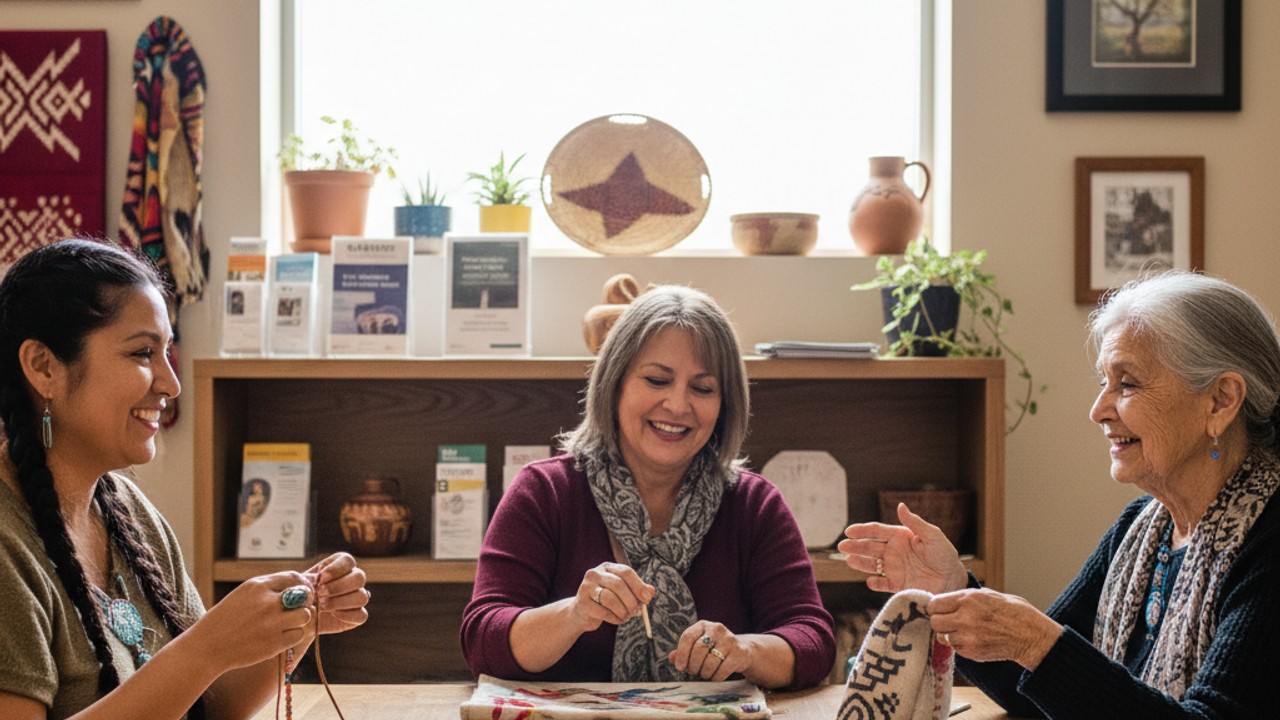In a world where health services and cultural identities often intersect, the story of Maria, a mother of two from a small indigenous community, shines a light on the profound impact of integrated support systems. Maria’s journey through healthcare challenges was daunting not because of the severity of her condition, but because the medical services she accessed often overlooked her cultural values and family context.
Maria’s experience is not unique. According to the World Health Organization, culturally competent healthcare can significantly improve patient outcomes, yet it remains underemphasized globally (WHO Report, 2023). This gap reveals the necessity of non-profits that blend health services with cultural support and family wellness initiatives.
Bridging Gaps: The Power of Cultural Support in Health and Family Wellness
Organizations like Native American Rehabilitation Association (NARA) in the United States offer holistic approaches that combine healthcare, cultural preservation, and family services. They recognize that healing is not merely physical but also emotional and spiritual, deeply rooted in cultural identity. Their programs have shown success in addressing addiction and mental health issues by weaving indigenous practices with modern medicine (NARA Official Site).
Similarly, The Trevor Project, committed to LGBTQ+ youth mental health, integrates cultural sensitivity and family engagement to create safer environments for vulnerable populations. Last year, their interventions helped lower suicide rates among LGBTQ+ youth by nearly 25% (Trevor Project Annual Report 2023), highlighting the critical role family wellness programs play alongside health services.
Arts and Education: Catalysts for Healing and Empowerment
Beyond direct health interventions, arts and education provide powerful tools for personal and community development. The arts enable individuals like Maria’s children to express themselves in ways words cannot, offering emotional release and fostering resilience. Education programs that include cultural history and creative expression can counter systemic neglect and marginalization.
Take, for example, The National Alliance for Hispanic Health, which champions educational programs emphasizing cultural heritage alongside health literacy. Their multifaceted approach helps reduce health disparities by empowering communities with knowledge and pride in their identity (Hispanic Health Alliance).
Why This Matters Now More Than Ever
The last few years have accelerated awareness of disparities in healthcare and education. The COVID-19 pandemic exposed systemic failures impacting minority and indigenous populations disproportionately. A 2022 CDC study found that minority communities had 1.5 times higher hospitalization rates and worse access to culturally relevant care (CDC Health Disparities Report, 2022).
This is particularly heartbreaking because it undermines the strengths within these communities—their rich cultural traditions, close-knit families, and creative capacities—that can be pivotal in recovery and long-term wellness.
How You Can Make a Difference
Supporting organizations that integrate health, culture, family, arts, and education is one of the most effective ways to foster lasting change. Here are ways to get involved:
- Donate to nonprofits like NARA, The Trevor Project, and the National Alliance for Hispanic Health.
- Volunteer your skills in community education or arts programming.
- Advocate for inclusive policies that recognize cultural competency in healthcare and education.
- Raise awareness by sharing stories that highlight the intersection of health and culture.
Maria’s story—and those like hers—reminds us that healing is not just about treating illness but about nurturing the whole person within their cultural and familial context. By embracing this holistic approach, we can transform communities and build a future where every individual has access to care that honors who they are.
To learn more and support this vital work, visit the organizations linked above and find ways to contribute to a more compassionate and culturally aware world.



